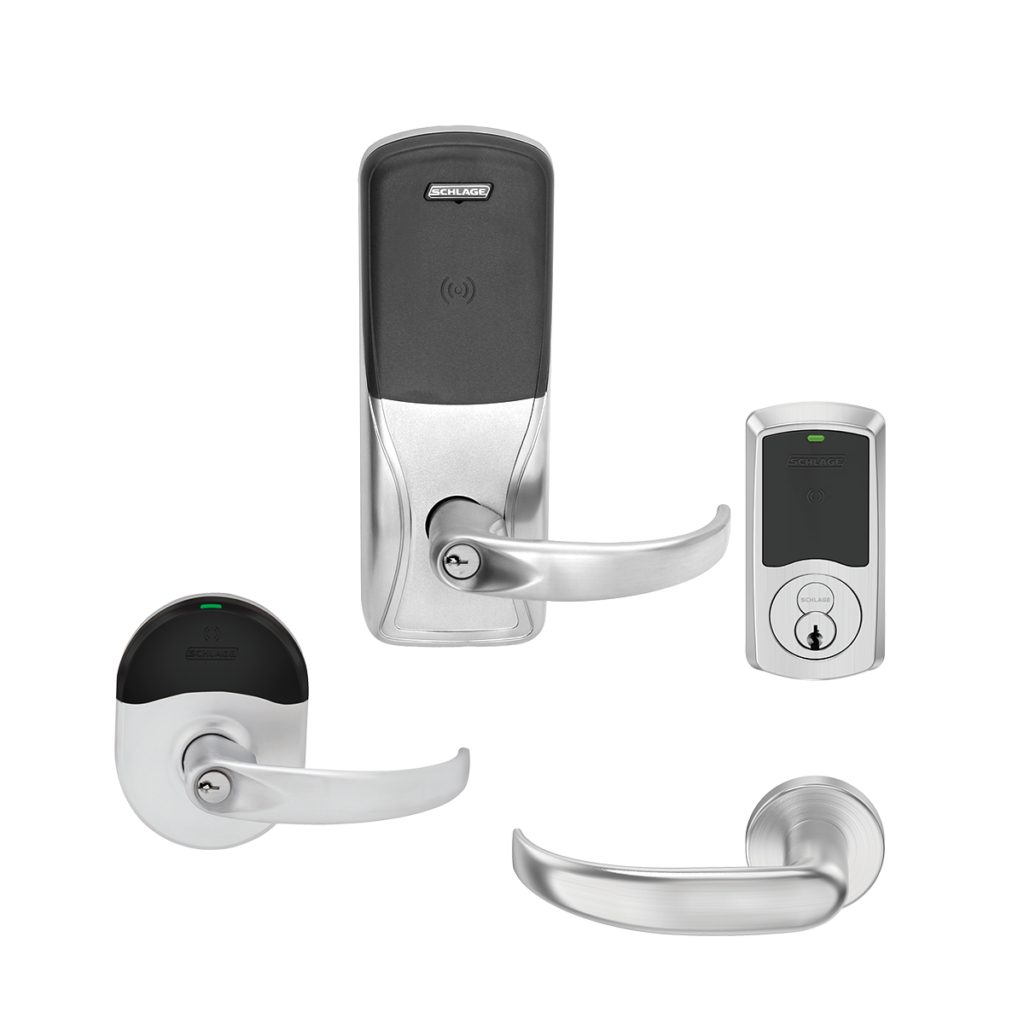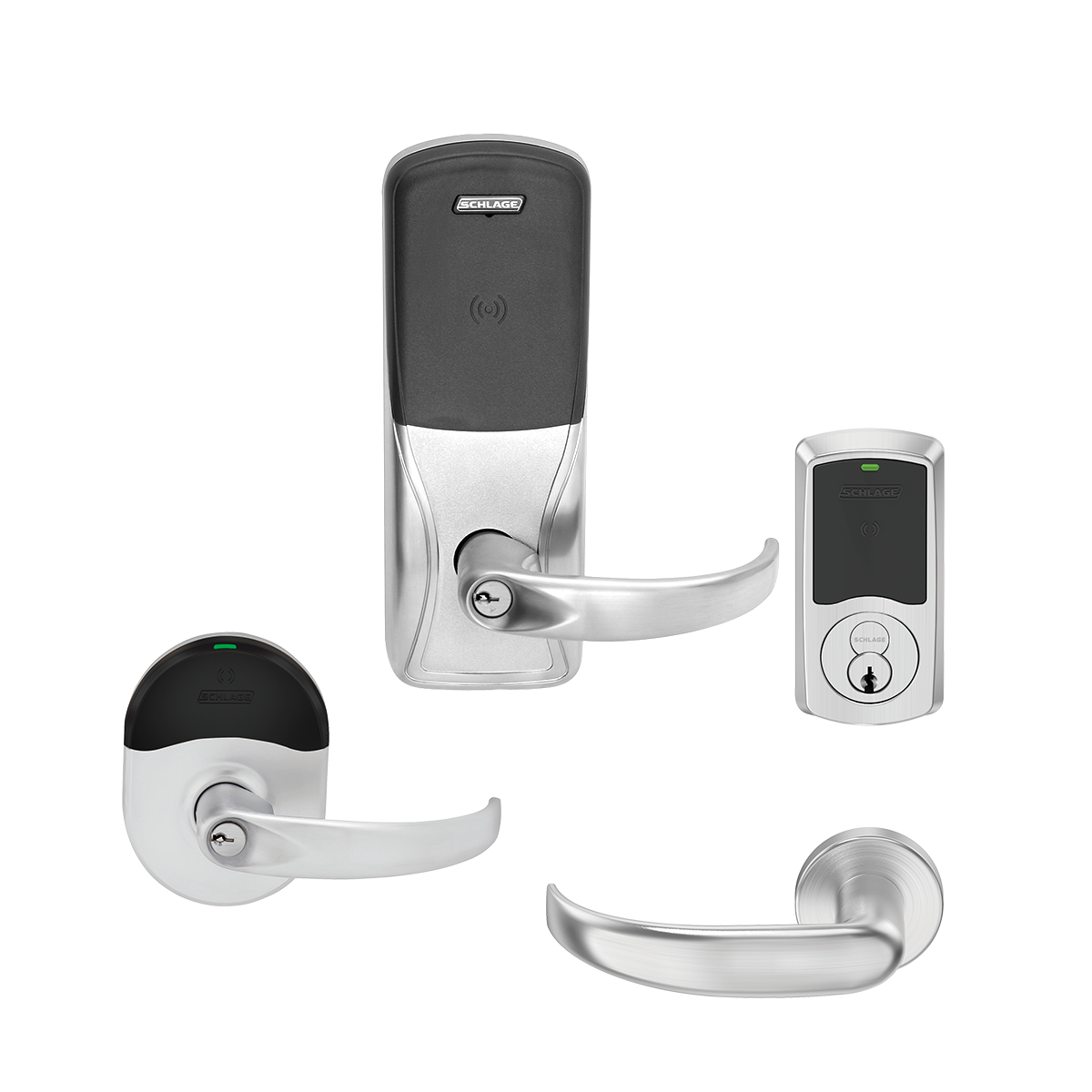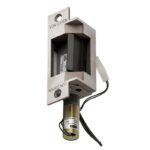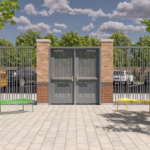As I mentioned a while back, Mark Kuhn of Allegion will be helping me out with some code development work and other duties, including an occasional blog post. In today’s post, Mark shares some thoughts on a term found in the model codes. ~Lori
~~~
 Over the past few years while helping Lori and in general just trying to be more of a code expert myself, I’ve discovered there are a couple of reasons for code changes:
Over the past few years while helping Lori and in general just trying to be more of a code expert myself, I’ve discovered there are a couple of reasons for code changes:
1) A new code requirement is written to cover something that needs to be addressed. A good example of this would be the changes to IBC-2021, Section 1010.2.4, where the code now includes criteria for securing courtyards, balconies, and other exterior spaces when certain conditions are met. As someone who deals with this on an ongoing basis, this was a welcome change to the code. [If this section is new you, you can read more in this Decoded article.]
Or…
2) An existing code requirement is revised to add some needed clarification. An example of this can be found in the 2021 edition of NFPA 101, Section 4.6.12.4, concerning extraneous labels on fire doors. This change clarifies that a label on a fire rated door or frame is not required to be removed just because the location where the opening is installed does not require a fire door assembly. [Here’s a Decoded article on that clarification.]
There are many more that I could name, but you get the idea. I wanted to take this opportunity to get your opinion on what I think maybe a good idea for a code clarification.
While in a recent meeting with some colleagues who I would consider “heavyweights” in the door and hardware world, we were discussing a phrase that appears repeatedly in the I-Codes. The phrase is “Loss of power to the electrical locking system automatically unlocks the door.” This specific statement is found in IBC-2021, Section 1010.2.11, but similar language is included in several other “special locking arrangement” sections.
As a hardware guy, I take that statement and condense it into one common industry term – “fail safe.” These locks must be fail safe because that’s the nature of a fail safe lock – it unlocks when it loses power. So, I wonder why the code doesn’t just say, “the locks have to be fail safe.”
For argument’s sake, I thought of the implications of substituting the term fail safe for the language found in the code. If you do this, the code takes on a whole new meaning. Using the term fail safe, we are now talking about the type of lock being used rather than the condition that controls the lock.
The contention over this statement happens when we have a building that has a back-up generator or even an owner who wants these doors to stay locked with battery back-up power due to security reasons. In many cases they don’t want the doors to unlock upon loss of power.
I would be interested in your thoughts: Do you think the code is just using generic language to describe a fail safe lock? Or do you think the intent of the code is to have all of these doors unlock when there is a loss of normal building power and therefore the locks shouldn’t be allowed to be powered through a back-up power source?
WWYD?
You need to login or register to bookmark/favorite this content.









I would say as long as locks function as designed and/ or per code,,, I would not have a problem with how they are powered.
I know a building with 3-4 power sources.
Keep up the good work
Mark, I believe the code is a generic description. Not all individuals who review specification are access control professional so they may interpret “fail safe” differently or may be unfamiliar with the term. Specifications tend to always express the long version of most applications.
At Westfield State there are rated stairwells with Fail Safe trim per code, and exterior access doors with Fail Secure trim to maintain security in dorms and academic bldgs. Basically the Components are the same except for the obvious application difference and subsequent hardware code requirement.
Great topic to discuss.